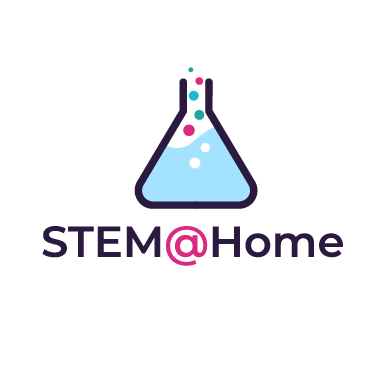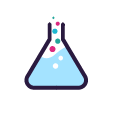What is Scientific Literacy?
What is scientific literacy? It's a question that has been asked by scientists, educators, and parents for years. The definition of scientific literacy is constantly debated, but at its core, it is the ability to read, understand, and communicate science. Scientific literacy is important for everyone because science affects our lives every day. Increasing scientific literacy is one way to make sure people are able to make informed decisions about their health, the environment, and more. Parents can play an important role in helping their children become scientifically literate by fostering a love of learning and providing opportunities for hands-on experiences with science. Check out this post for more ideas on how to help your child become scientifically literate!
Science is NOT about big explosions. Science IS about understanding how the world around you works and functions. This understanding of the world is how many scholars describe “scientific literacy”.
If you want your child to develop their scientific literacy, ask them to explain how different things in their lives work.
Ask them to explain how their PS4 connects online to play Fortnite with their friends who live a few miles away.
Get them to tell you why it is so hard to buy a Playstation 5? (Hint: Ask them to find out about the global semiconductor shortage)
Next time you tell them to not leave the lights on because it wastes electricity, explain to them all the steps needed to provide the electricity that charges their phones and keeps their lights on.
When they tell you why they don’t want to go to bed so early, teach them about the biological reasons why mammals need sleep.
Scientific literacy is being able to explain how the world works around them but also use the correct words and terminology to explain it.
We hope that this article has helped you see the importance of scientific literacy and its role in developing critical thinking skills. It is our belief that an informed citizenry, capable of analyzing information and forming their own conclusions, is essential for a functioning democracy. With the rise of “fake news” and other forms of propaganda, it has never been more important to have individuals who can think critically for themselves. Thank you for reading and we encourage you to keep learning about science so that you may be an informed and engaged member of society. What do you think? Is scientific literacy important to develop critical thinking skills?
This is what inspired us to make STEM@Home. We wanted to be able to give students REAL science, not psuedo-science. It is all well and good that students want to be able to play with “fun science” but many students also want to learn. They want to be able to improve their own understanding and grades through “play”. Our main focus is on pedagogy and attainment so we can improve the lives and aspirations of our users.
We hope this article has shown you that science is all around us, and that there are many ways for students to learn about it. No matter where you live or what your financial situation may be, there are opportunities for your child to engage with science in a meaningful way. Parents play a crucial role in helping their children understand the world around them, and we encourage you to take advantage of the resources available through STEM@Home. With just a little effort, you can help your child explore real science right from home! Have you tried using any of these methods to get your child interested in science?




